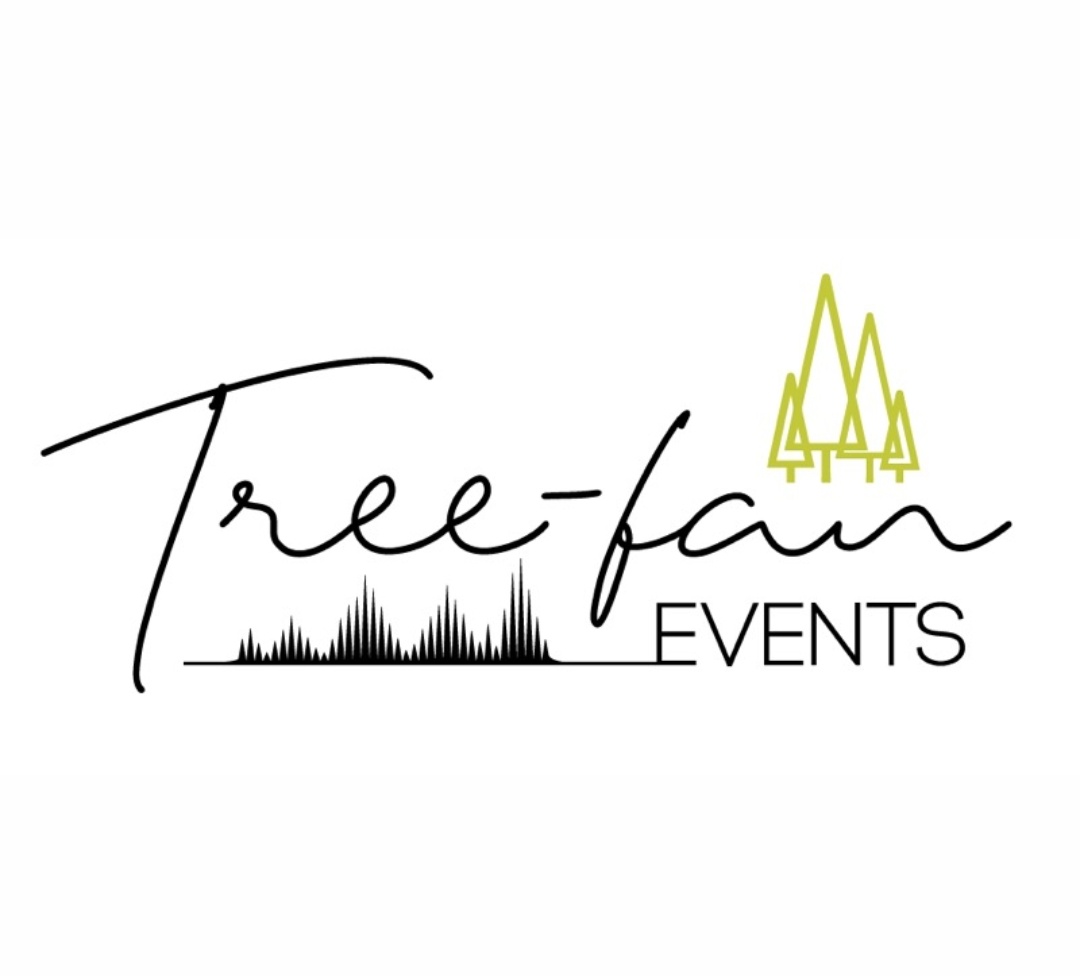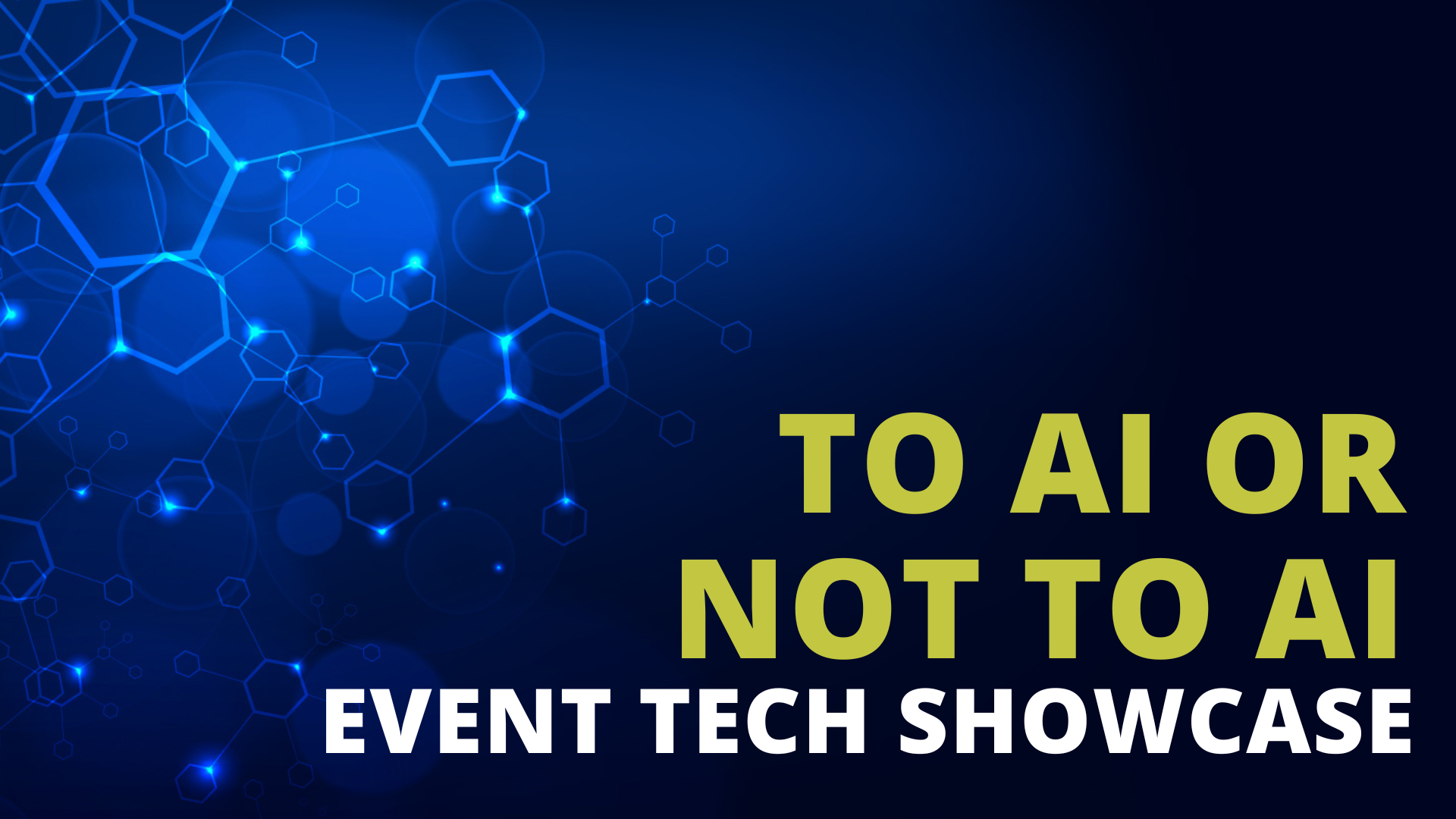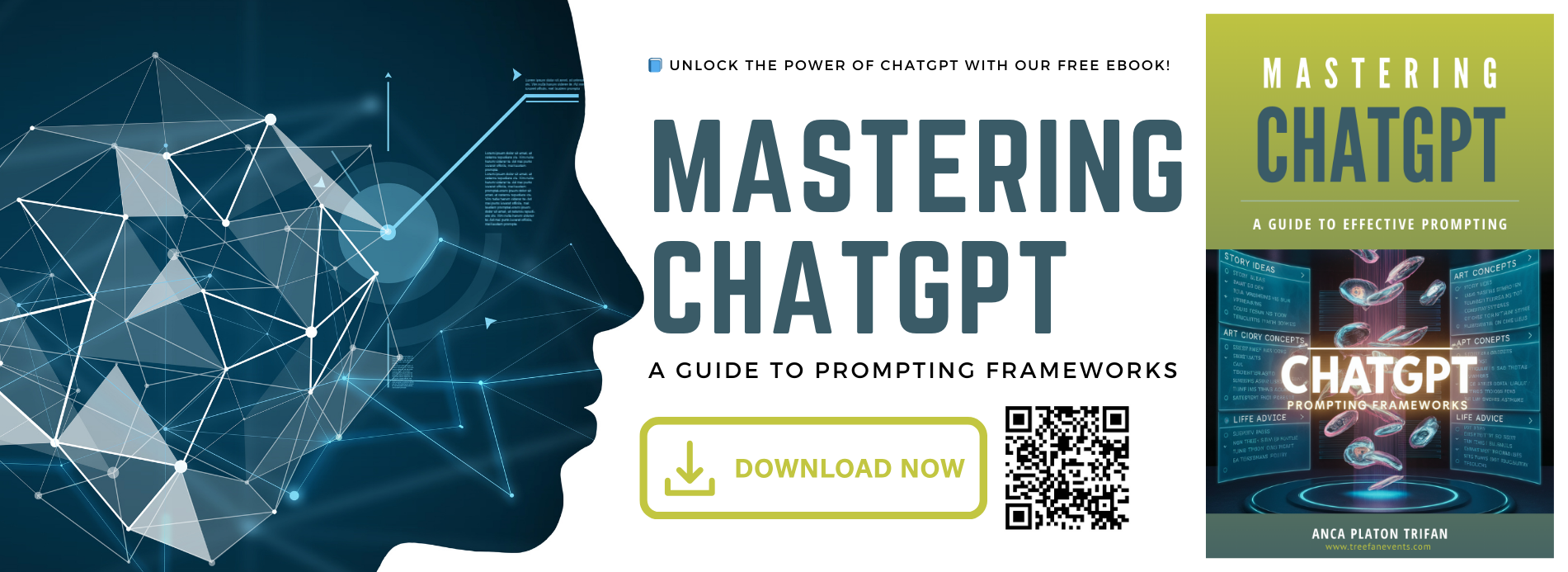In the event industry, AI has become a buzzword with a lot of potential—but also a lot of noise. If you’re new to AI, the challenge is figuring out where to start and how to choose tools that truly add value. This blog post will guide you through approachable, beginner-friendly AI tools for daily event planning tasks and offer strategies to identify authentic AI platforms that go beyond marketing hype.
Where Should Event Planners New to AI Start?
For planners just beginning their AI journey, the best approach is to start small, integrating straightforward tools that enhance your workflow without overwhelming you. AI can handle repetitive tasks, freeing planners to focus on strategic decisions.
Here are a few areas where AI can make a quick, practical impact:
1. Content Creation and Brainstorming
Generating content and ideas is often a time-consuming part of event planning. AI tools like PCMA’s SPARK AI offer tailored support, acting as a “personal AI concierge” that helps planners brainstorm session themes, create content, and even repurpose materials for future use. Meanwhile, Microsoft Co-Pilot and Google’s Gemini seamlessly integrate with familiar platforms like Microsoft Office and Google Workspace, helping you draft emails, create presentations, and outline marketing strategies. These tools make AI accessible, as you can work within apps you’re already using, with AI providing extra support as needed. Our very own AV Production GPT and #FIT4Events GPT also support planners by offering tailored insights and guidance for AV production and integrating wellness and biohacking strategies into event planning. These tools help streamline daily operations and can even suggest wellness practices that keep attendees energized and focused during events.
2. Automated Scheduling and Task Management
Staying on top of schedules and task lists is crucial in event planning, and AI can simplify this with automated reminders, task assignments, and project tracking. Notion AI is a versatile tool that organizes tasks and timelines, helping teams collaborate effectively. Read.AI further enhances meeting productivity by automatically capturing notes, action items, and key takeaways, so nothing gets lost. This combination of tools can reduce time spent on administrative tasks, freeing up planners to focus on more strategic work.
3. Customer Service and Chatbots
For planners managing attendee inquiries, chatbots like ManyChat and Tidio offer automated, 24/7 support. These AI-powered chatbots handle common attendee questions—such as event schedules, registration, and venue information—ensuring timely responses without constant manual intervention. Implementing a chatbot allows you to stay engaged with attendees while focusing your attention on higher-level planning tasks.
4. Analytics and Attendee Insights
Understanding attendee engagement and preferences is essential for delivering a successful event. Domo is a powerful AI-driven analytics platform that connects data from various sources, providing insights into attendee behavior and engagement in real time. It enables planners to visualize data, identify trends, and make informed decisions to enhance attendee experiences. TurnoutNow offers AI and machine learning analytics specifically for live events, capturing valuable data to improve engagement strategies. Additionally, HubSpot and Cvent are event-focused platforms with robust analytics tools, allowing planners to monitor audience engagement and feedback. Check out our AI Event Technology Showcase from IMEX.
5. Event Planning and Execution Support
If you’re looking to simplify the planning process itself, Social27’s AI Assist builds events in minutes, offers a fast-track solution for event marketers reducing planning time significantly.
How to Identify Authentic AI Tools vs. Marketing Hype
With so many AI options available, it’s easy to be drawn in by flashy marketing. But to ensure you’re investing in the right tools, it’s crucial to vet AI platforms carefully. Here’s how to assess AI tools for real value, even if you’re new to the technology.
1. Look for Detailed Descriptions of AI Features
Reliable AI tools describe their functionality in clear, specific terms, such as “automating customer inquiries” or “predicting attendee engagement based on real-time data.” Vague claims like “AI-powered” without further explanation can be a red flag. Choose tools that explain their AI’s role in solving event-specific tasks.
2. Request a Demo and Test Real Scenarios with a Targeted RFP Process
Before requesting a demo, start with a structured Request for Proposal (RFP) process that our friends at Event Mender to ensure you’re selecting a tool that aligns with your needs. Here are key steps to streamline your RFP process and maximize the value of the demo:
- Combine Yes/No Questions with Clarifying Questions
Example Scenario: When requesting 24/7 support, suppliers might agree without specifying what it entails.- Approach: Ask additional questions to clarify what “24/7” actually covers.
- Does support mean access to a dedicated representative, an AI chatbot, or an email system?
- Is support available only during specific event phases (e.g., pre-event, live, post-event) or at all times?
- Clarify expected response times (e.g., instant, within two hours, next business day).
- Specify time zones and time slots relevant to your event, especially if it spans multiple locations.
- Approach: Ask additional questions to clarify what “24/7” actually covers.
- Prioritize Features Based on Importance and Urgency
Example Scenario: You have five primary objectives for the supplier, each with different priority levels.- Approach: Assign weight to each objective according to its importance (e.g., Objective 1 – 35%, Objective 2 – 25%).
- Rate each feature within these objectives on a 0-10 scale.
- Calculate the average points per feature to establish a total score.
- Use a weighted calculation to score each objective according to its assigned percentage. This gives a comprehensive view of which supplier best matches your needs.
- Approach: Assign weight to each objective according to its importance (e.g., Objective 1 – 35%, Objective 2 – 25%).
- Provide Context and Request Client References
Example Scenario: Providing context ensures that suppliers understand your unique needs.- Approach: Share specific details such as, “We are Company X, we host Y type of events, and our stakeholders need to accomplish Z with this solution.”
- Ask suppliers to detail their experience with similar clients and provide specific case examples.
- Request contacts for past clients with comparable needs to allow for direct verification and comparison.
- Approach: Share specific details such as, “We are Company X, we host Y type of events, and our stakeholders need to accomplish Z with this solution.”
- Schedule a Demo Only After Preliminary Verification
- When you’re nearly certain (99.9%) that a solution fits based on RFP responses and reference checks, then schedule a demo. This ensures your time is spent evaluating a tool that’s already proven highly relevant to your requirements.
Note: Although these steps are geared towards technology RFPs, they can be applied to any RFP process.
3. Red Flags to Watch Out For
- Overly Broad Claims: Be cautious of tools that promise to handle all aspects of event planning. Genuine AI platforms tend to specialize in specific functions, like attendee engagement or analytics. Focused tools are usually more reliable and effective within their areas of expertise.
- Heavy Manual Data Entry Requirements: Effective AI should handle data automatically, such as by integrating with your registration system or analyzing attendee behavior in real time. If a platform requires significant manual setup to work, it may not be leveraging true AI capabilities.
- Lack of Customization Options: Genuine AI tools often allow for customization, enabling you to set parameters that align with your specific event needs. If a platform doesn’t let you adjust settings, it may not offer the depth you need.
4. Leverage Reviews and Case Studies
Word-of-mouth referrals from industry peers can be invaluable. Look for evidence of tangible benefits, like improved engagement rates or streamlined workflows, to verify the tool’s effectiveness.
5. Seek Independent Endorsements and Partnerships
Tools endorsed by industry professionals and industry associations, or those that collaborate with established brands often meet high standards for quality and functionality. Endorsements from reputable industry bodies suggest that the tool has been vetted by experts and is likely to deliver on its promises.
Conclusion: AI as a Powerful, Practical Tool for Event Planners
AI has enormous potential to simplify and enhance event planning, from automating tasks and managing attendee engagement to delivering actionable insights through analytics. But it’s essential to approach AI as a complement to human expertise, rather than a replacement. While AI can handle logistics and streamline repetitive tasks, the true magic of an event comes from the personal touches that only human planners can provide. Starting with user-friendly AI tools can help planners see immediate benefits in efficiency and engagement. By choosing tools thoughtfully and verifying their claims, event professionals can harness AI to deliver more efficient, personalized, and impactful events—all while keeping the authentic connections that make live events so memorable.




